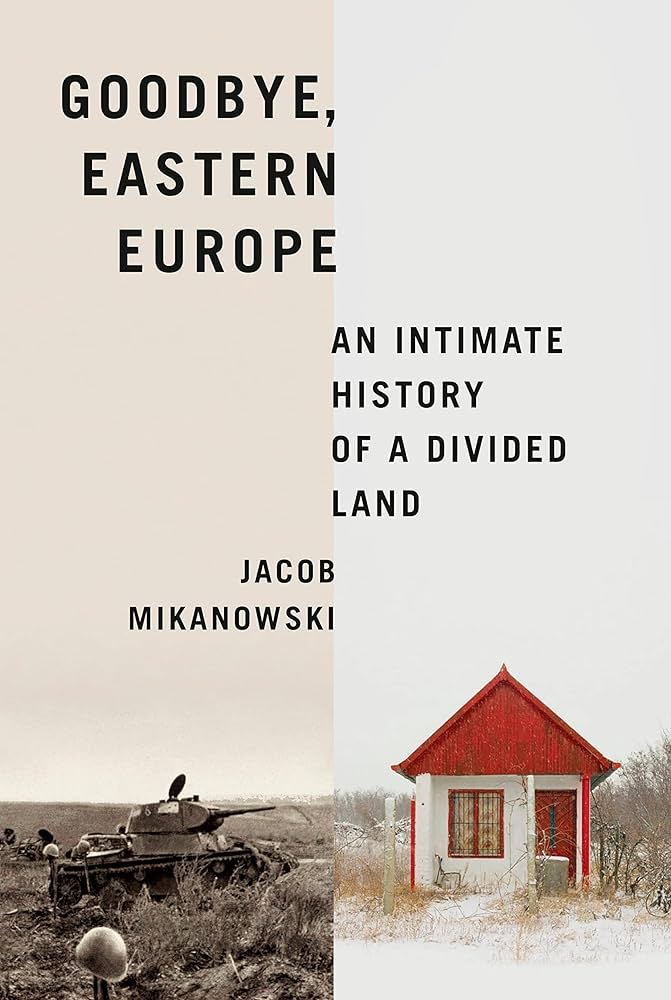
It is an enormous undertaking to try and explain the people, cultures, and kaleidoscopic national identities of a region as large as Eastern Europe. Jacob Mikanowski does as good a job as one person can do in a single volume. Beginning in prehistory, Mikanowski really settles in with the establishments of the overlapping and interdigitated religions of the region: pagans, Christians, Muslims, and Jews. For centuries communities and traditions have often lived alongside one another united by common languages while empires have redefined their borders.
The Austro-Hungarians, the Hapsburgs, the Soviets, Poles, Yugoslavians, and Prussians in various iterations and sizes have laid claim to Roma settlements, shtetls, Byzantine churchyards, and people who might speak Ukrainian, a dialect of Hungarian, Yiddish, or who think of themselves as Albanian Muslims, Montenegrans, Latvians, Croats, or Romanians, but in any given century find themselves living in a country not the same as the one their parents or grandparents knew.
In most parts of Eastern Europe, regions and cultures have not undergone the historical nation-making impositions claimed by Western Europe that made countries like Germany, France, and Spain what they are. (That being said, tribal fractionation is still alive and divisive in Great Britain, Belgium, Catalonia, Basque country, and so on.) This history of an enormous region is at once comprehensive and necessarily superficial, focusing on geopolitical machinations and the lives of men. Women and the daily lives of peasants are largely absent, because to include them would be another book, another volume. Still, having a spotlight swept around Eastern Europe is exceptionally informative.